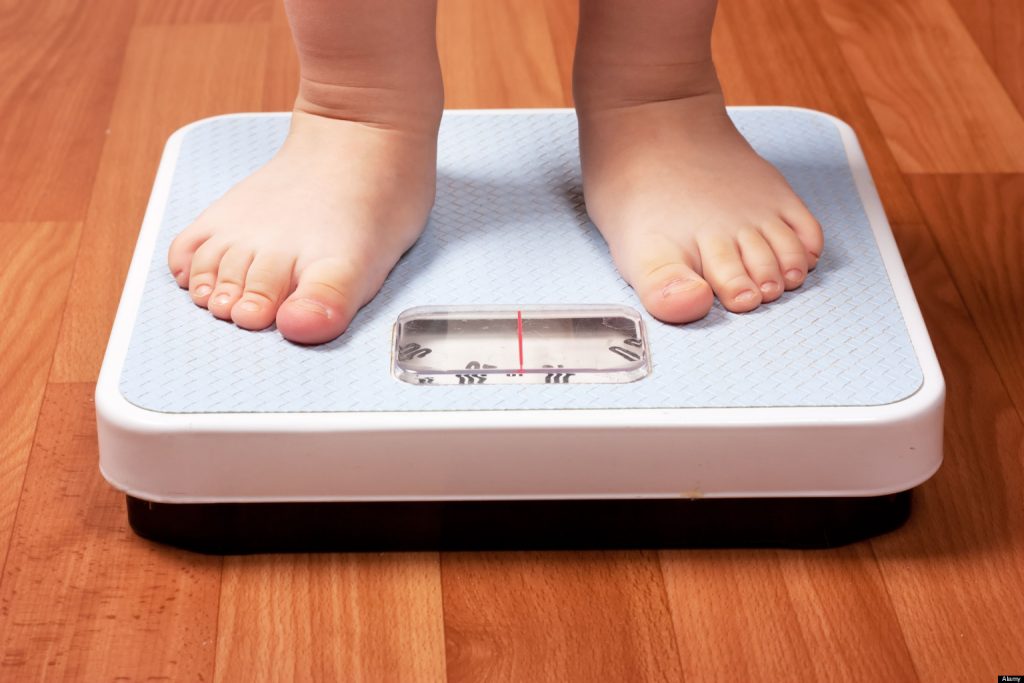
There is so much talk these days about childhood obesity and how this is the first generation ever that are not expected to outlive their parents. So how do we instill in our children the habit of healthy eating?
It is evident that the bad habits we show in adulthood are primarily developed in childhood. Adults who refuse to eat vegetables were often forced to do so as children, most of us were told we couldn’t leave the table unless we finished everything on our plates, and when we fell on the street, or fell out with our friends, it was to norm to be comforted with a lollipop or chocolate.
As parents we are responsible for everything that our children eat, and while we won’t get it perfect all of the time, to avoid childhood obesity it’s important to get it right most of the time.
As busy working parents the easier option of convenience foods and fast food can be a very tempting alternative to cooking healthy meals, but with a little planning and prior preparation, healthy home cooked meals can also be fast, and cost half the price of convenience foods.
We can break the cycle and avoid the triggers of obesity in childhood by being more aware of our own attitude to food, and sending our children the correct messages. It’s okay to leave food on your plate if you are full, or just not feeling too hungry. Comfort can be given with kind words, a hug, and spending time listening to their little worries and concerns.
Children prefer attention over food!
Never force feed your child. It will surely put them off the food for life and may lead to unhealthy relationships with food in adulthood. Rather encourage them with the truth, they do need vegetables to grow strong and healthy, carrots are good for eyesight and spinach does promote muscle growth.
Getting children involved with the preparation process often works to encourage them to eat vegetables. Why not have fruit parties, where the children help to chop up the fruit and they get to choose which fruits they would like to include in the party.
Children are not going to like every type of fruit and vegetable. Just like adults they will have preferences when it comes to meat and fish, pasta and potatoes. Once they are getting some variety of each of the food groups, then they are doing fine.
Give your children choices, but dont’t confuse them with too many options. Ask your child specific choice questions “would you like carrots or peas with your chicken?” as oppose to asking “what vegetable would you like”. There is only two answers to the first question, carrots or peas. The second question leaves the child open to answer “none”.
Dont’t use treats to encourage healthy eating, it seldom works, example “no sweets if you dont’t eat your carrots”. And dont’t reward your child with sugary foods for eating healthy. Both of these behaviours can lead to a negative result. A child will eat one slice of carrot and demand the sweets.
Encourage and reward with words and attention only.
Some children who eat very healthy are overweight. This is because the adult over feeds them. Too much of a good thing never is, and even healthy foods will cause weight gain if the child is overeating.
A child size portion should be just that, and not equivalent to an adults portion. If a child declares to be hungry after clearing their plate offer them more vegetables or some fruit. If they are not hungry for vegetables then they are not hungry, they simply want more to eat.
Many children begin to look like they are gaining weight at around 12 or 13, this is quite normal and is usually the onset of a growth spurt. Once you are aware of their eating habits, monitoring that they are not eating too much junk food and are getting plenty of exercise than this is a temporary gain, and not a sign of childhood obesity. In most cases their weight will normalise when they begin to gain height.
Never, ever tell a child they are overweight, never weigh them and never put them ‘on a diet’! If anyone else remarks on your child’s weight shut the conversation down, and when the child is out of earshot tell the adult that it is inappropriate to speak about weight in front of a child.
You need to be your child’s biggest supporter and greatest defender!
Let’s put a stop to the growing trend of childhood obesity!!
If you have serious concerns about your child’s weight speak to your GP or pediatrician!
Chrystal Lee






